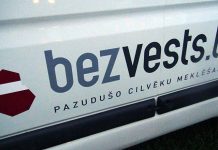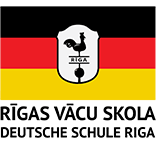Struggle against the shadow economy is a priority for Latvia. Therefore, the Saeima gradually introduces new changes adopted as early as 2017.
The so-called shadow economy is the economic activity carried out in the country, the incomes from which are not taken into account in official statistics and are not declared, thereby evading honest payment of taxes.
Latvia is still among the most troubled EU countries
According to statistics for 2016, the share of the shadow economy was 22.9% of the country’s GDP. According to information provided by the Ministry of Finance, the most serious problem is the so-called “tax hole” The term “VAT Hole” refers to the difference between the amount of actually collected VAT and the amount that should have been collected from all registered VAT payers in the country in case if the VAT was paid fairly. In 2009, this indicator was the highest among the Baltic countries – 43% of the potential weight of this tax. However, in 2015 it was already 15.4%.
Latvia is still among the most troubled EU countries
According to statistics for 2016, the share of the shadow economy was 22.9% of the country’s GDP. According to information provided by the Ministry of Finance, the most serious problem is the so-called “tax hole” The term “VAT Hole” refers to the difference between the amount of actually collected VAT and the amount that should have been collected from all registered VAT payers in the country in case if the VAT was paid fairly. In 2009, this indicator was the highest among the Baltic countries – 43% of the potential weight of this tax. However, in 2015 it was already 15.4%.

































